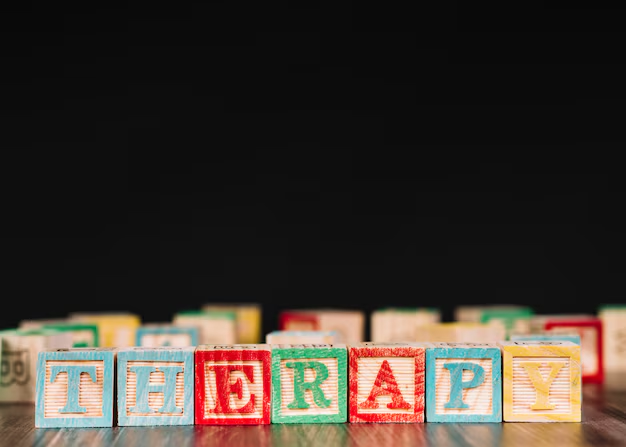How to Become a Behavioral Therapist: Education and Certification Pathways
Becoming a behavioral therapist requires dedication to education and training, which prepares individuals to make a significant impact in mental health services. Typically, the journey begins with obtaining a bachelor's degree in psychology, social work, or a related field. Following this, aspiring therapists usually pursue a master's degree in behavioral therapy, psychology, or counseling, which provides specialized knowledge and clinical skills essential for the profession. Depending on the state, licensure is often a requirement. Licenses like the Licensed Professional Counselor (LPC) or Licensed Clinical Social Worker (LCSW) are common prerequisites that mandate both an examination and a set number of supervised practice hours.
Further enhancing credentials through certification can boost career prospects. Certifications in Applied Behavior Analysis (ABA) or Cognitive Behavioral Therapy (CBT) are advantageous, offering more niche expertise within the therapy field. Continuing education is critical in this career path, ensuring practitioners stay informed about the latest therapeutic techniques and research. Embarking on this career path not only fulfills one's passion for helping others but also positions individuals within a growing field rich with opportunities.
Degrees, Certifications, and Licenses to Consider:
- 🎓 Bachelor's Degree in Psychology, Social Work, or a related field
- 🎓 Master's Degree in Behavioral Therapy, Psychology, or Counseling
- 📝 Licensed Professional Counselor (LPC) or Licensed Clinical Social Worker (LCSW)
- 📜 Certification in Applied Behavior Analysis (ABA) or Cognitive Behavioral Therapy (CBT)
- 📚 Continuing Education in Latest Therapy Techniques and Research
